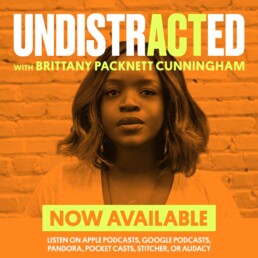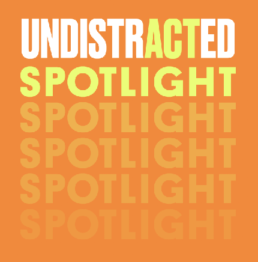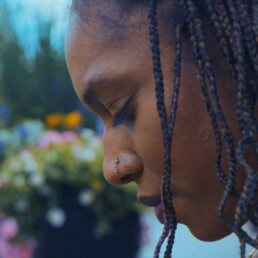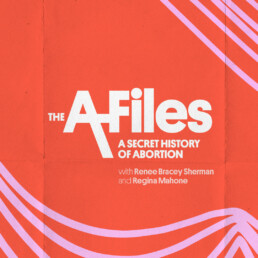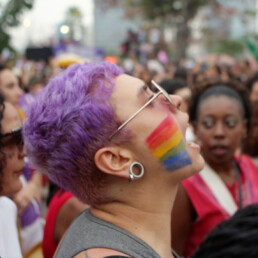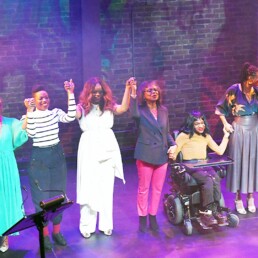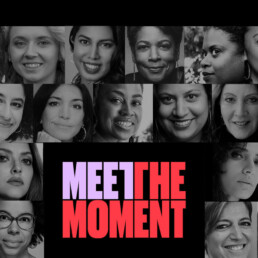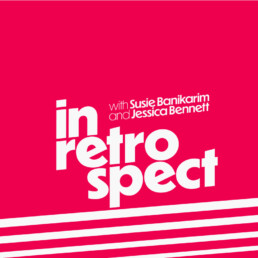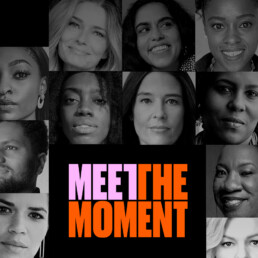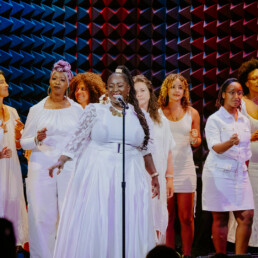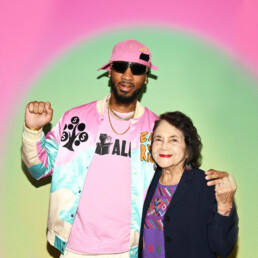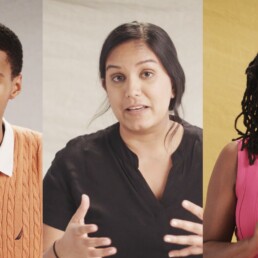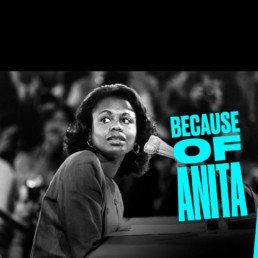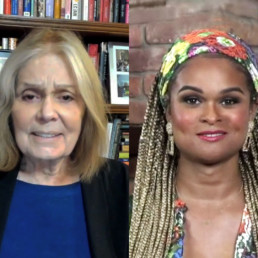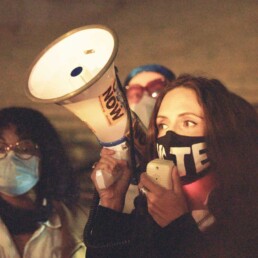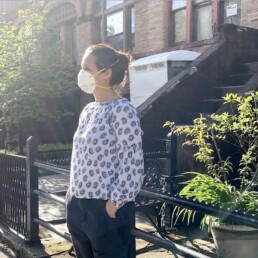A WEEKLY PODCAST WITH BRITTANY PACKNETT CUNNINGHAM
“Enough with the distractions, the noise, the billions of tweets. We got work to do, and we’re going to do it together, and we’re going to find our joy along the way. We are undistracted.”—Brittany Packnett Cunningham, Host, UNDISTRACTED
Welcome to UNDISTRACTED, a weekly podcast that looks at the news through lenses that are too often neglected (but so real to all of us): gender, race, ability and more.
Our host is Brittany Packnett Cunningham—an educator, activist, TV commentator—and someone who always, always, asks better questions about the world. Described by President Barack Obama as a leader “whose voice is going to be making a difference for years to come,” she was a member of the White House Task Force on 21st Century Policing and the Ferguson Commission, as well as a three-time Harvard Institute of Politics fellow. Her book We Are Like Those Who Dream is forthcoming. Follow her @MsPackyetti.
In Seasons 1 and 2, Packnett Cunningham sat down with everyone from Tracee Ellis Ross and Representative Ayanna Pressley to America Ferrera and Tarana Burke. And we can’t wait to share Season 3 with you—coming in 2023.
Listen and subscribe on: Apple Podcasts, Spotify, Google Podcasts, Pandora, Pocket Casts, Stitcher, or Audacy.
UNDISTRACTED with Brittany Packnett Cunningham is produced in partnership with Pineapple Street Studios and presented by Goldman Sachs 10,000 Small Businesses.
At UNDISTRACTED, we believe spotlights are meant to be shared. In collaboration with our sponsors, the UNDISTRACTED Spotlight will showcase brands (and the people behind them) that are BIPOC women, femme, and gender-non-conforming-owned. Apply now to be considered or nudge your favorite business to raise their hand. Presented by Chambord.

